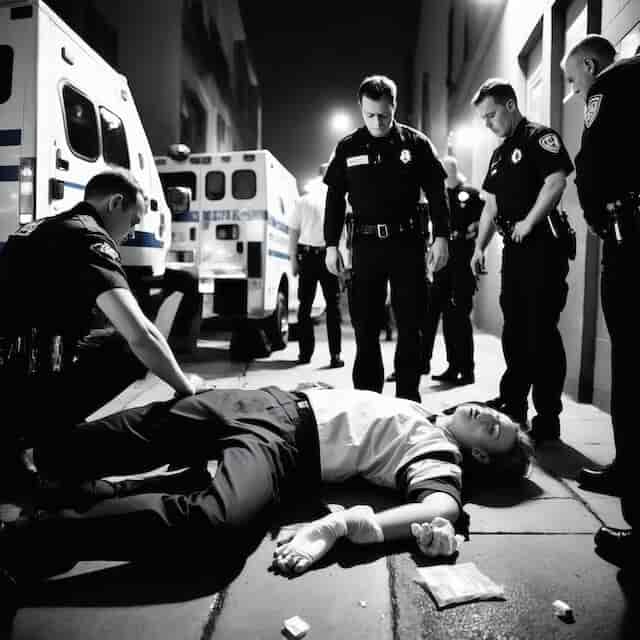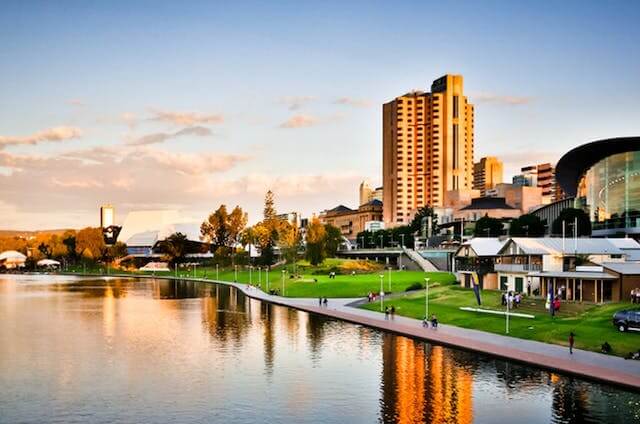Welcome To Rehab Reviews Australia
Rehab Reviews Australia: The Pioneering and Unbiased Rehabilitation Review Platform in Australia, Distinct from Private Rehabs and Government Entities

Contact Your Doctor
- Mental Health Plan - Referral to detox, explore home detox options - Public waiting list - Insurance & private options

Research
- All rehabs are different, find a rehab which suits your situation - Look for outpatient programs - Specialist counsellor, psychologist, psychiatrist

Support
- Get support for family and loved ones - Community support programs - Mutual-aid groups - Research post-treatment options
In recent years, the opioid epidemic has emerged as a devastating public health crisis, reshaping communities across the globe and challenging our approaches to drug…
How Alcohol Addiction Affects Australians: An In-Depth Analysis
Alcohol addiction in Australia is a critical public health issue, ensnaring individuals in a cycle of dependency that has profound implications not only for the…
The Rural Health Crisis: Alcohol and Drug Challenges in Australia’s Outback
The rural health crisis in Australia has reached a point of no return. In the vast expanses of Australia’s outback, hidden beneath the rugged beauty…
If you need to find out more about your current situation
Please use the drug/alcohol & mental health screening tools located below. ASSIST, AUDIT and K-10.
This is for a limited time only. The FREE Home Rehab Course Work Book is offered as a complimentary program and not a substitute for any other services you might currently be engaged with. Find out if the Workbook is suitable for you: [email protected]











